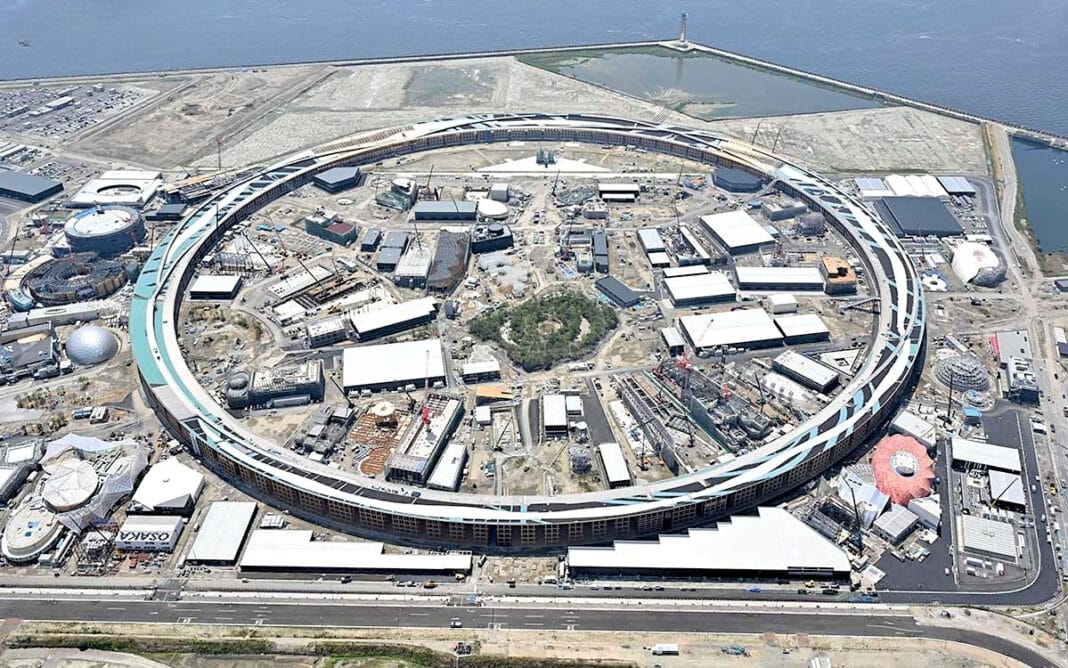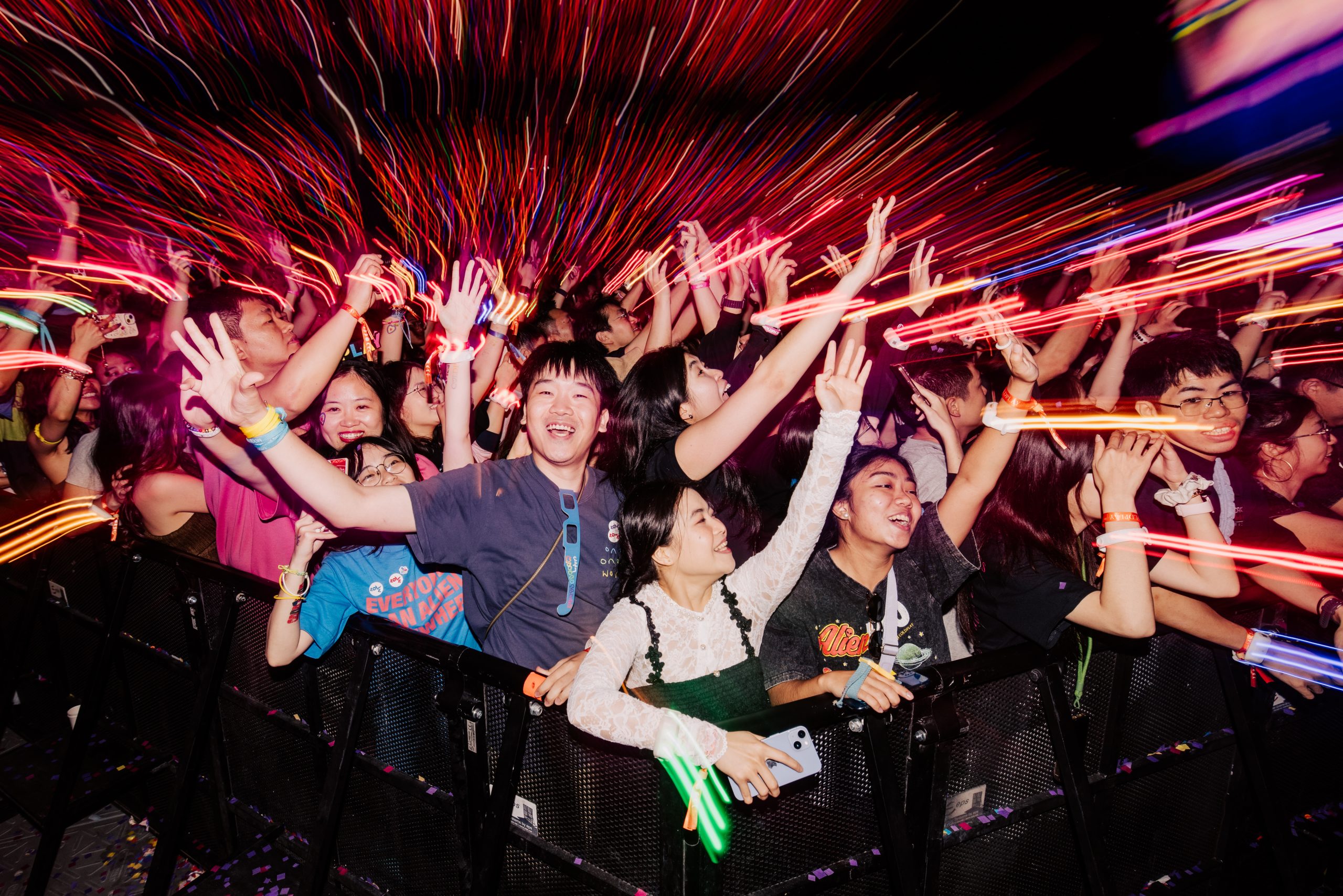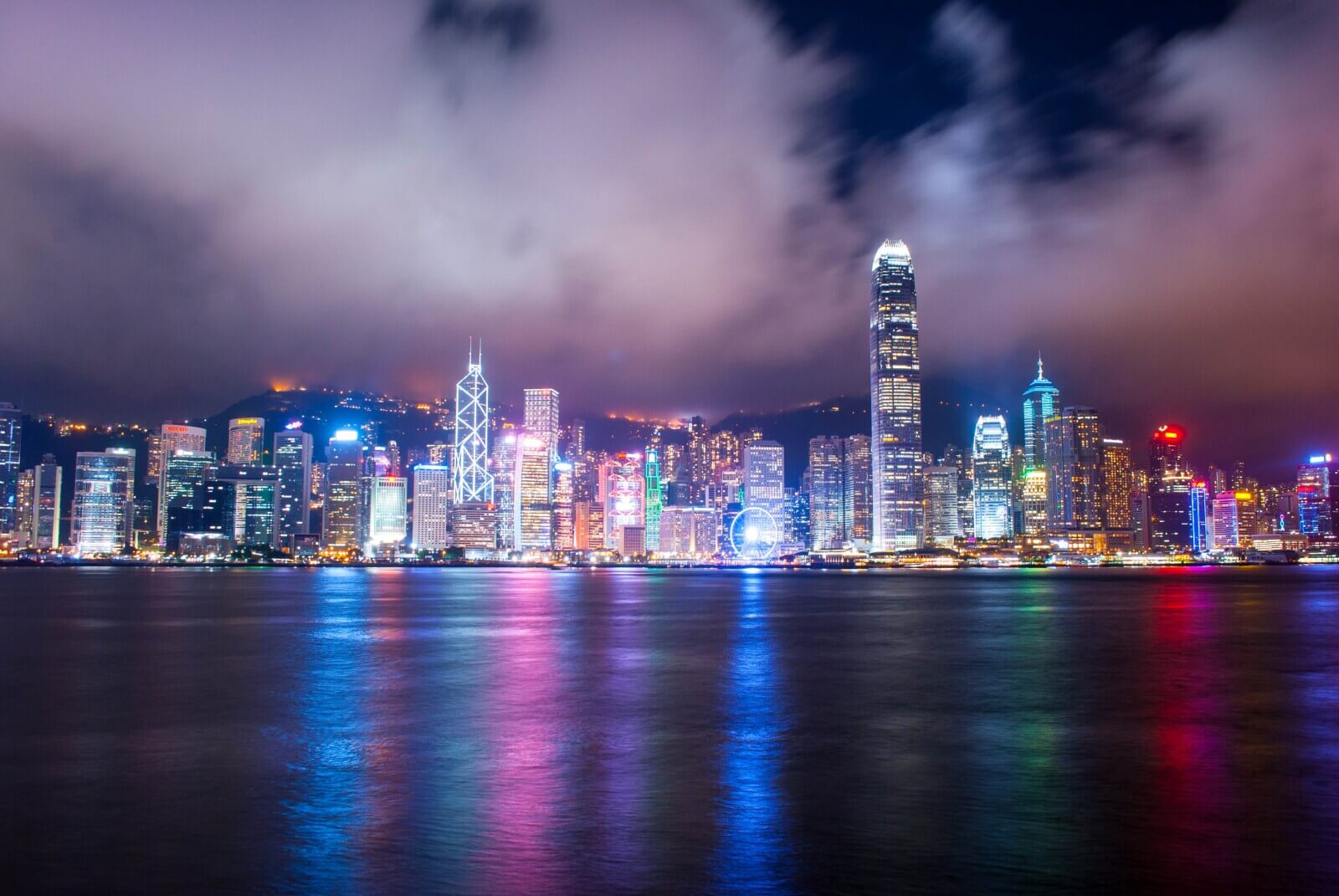A PUBLIC furore in Hong Kong over a botched high-profile event with issues ranging from failures to obtain safety permits to organisers initially dismissing pleas for ticket refunds has taken a peculiar – but no less authoritative – turn.
Controversy surrounding the problem-plagued AIA Hong Kong Balloon Festival grabbed headlines and social media commentary with the event eventually cancelled at the weekend as a typhoon approached the city.
Championing the consumer cause was a viral video showing an outraged local mum reacting after ticket purchasers were fobbed off with offers of ice cream vouchers. Her efforts and those of others reportedly resulted in the event’s main sponsor pressing the organiser to promising reimbursements.
While the local mum made her voice heard and captured public sentiment, event-industry insiders (or an insider) started work on two scathing articles. One takes aim at the heightened due diligence sponsors need to exercise instead of “marketing swagger”, while the other foists pressure on the venue and what it describes as a “rent-for-event” model of business.
Both missives appeared in Dim Sum Daily, a website specialising in sensationalist news rather than weighty analysis. At the same time it’s admired for a fearlessness in permitting items to be published that more established publications might find legally risky or upsetting to commercial partners.
While the angry mum raised the consumer case, many in the business of event marketing, planning and sponsorship see the two hard-hitting articles as prising apart the debacle and carrying the flag for more professional and transparent event management. Both detail the shortcomings surrounding the event, spotlighting reputation risk and expounding on strategies to raise the standards of the events business in Hong Kong.
The Balloon Fest letdown…
The four-day AIA Hong Kong Balloon Festival’s main draw was tethered ballon rides rising 10 to 15 metres the surface of Central Harbourfront Event Space. The area provides an enviable scenic backdrop in the form of the Hong Kong island skyline.When rain and thunder was not threatening the event, scorching sunshine also posed a risk to balloon material. Then Typhoon Tada resulted in a Signal 8 being raised in Hong Kong, requiring a shutdown in public – especially outdoor – events.
Most essentially, the author – or authors – argue that a Plan B should have been put in place during the months or years of the event run-up.The Standard newspaper reported: “Attendees, who paid between HK$120 and HK$880 for tickets, with an additional HK$580 for the promised rides, felt misled, as promotional materials heavily emphasised the balloon experience. Public frustration grew when initial refund requests were denied, with the organiser blaming unforeseen government decisions.
“Stakeholders, including vendors and partners, now fear financial losses, with estimates suggesting the organiser owes over HK$10 million [about US$1.2m].”
The articles pointed out Hong Kong is prone to unsettled weather at various times of the year, so the event organiser should have better planned for these risks. How and when government permits were issued and other due diligence should have also been taken into account.
Grand Events Asia, the event organiser, along with AIA, the main title sponsor, and Central Venue Management, the operators of Central Harbour Event Space come in for detailed criticism.
One of the articles railed: “The AIA International Hot Air Balloon Fest Hong Kong was supposed to be a luminous new chapter on the Central Harbourfront; instead, it became a costly seminar in how not to do sponsorship.”
MIX has contacted AIA for comment, but at the time of this article going online has not received a response.
A spokesman for Central Venue Management, the operators of Central Harbour Event Space, told MIX that safety was its main concern for this event and all others held at the venue.
At CVM, safety is our first priority. All events that are staged at The Central Harbourfront Event Space by third-party organisers are subject to stringent contractual obligations, requiring all activities and physical structures to be permitted and licensed by the relevant Hong Kong Government Departments. CVM do not allow any activities to be conducted at CHES that have not been fully approved by the appropriate authorities.
Since being granted the tenancy for Central Harbourfront Event Space, we have hosted over 360 events. The number of events that have attracted controversy can be counted on the fingers of one hand. We stand by our record.
– Central Venue Management
The authorship of the Dim Sum articles, which may yet find a place in future event management studies, show a deep concern for events in Hong Kong and knowledge about the spaces along Central Harbourfront. There is also an underlying belief that private enterprise should be leading events with government intervention limited to issues such as health and safety.
Whether or not government officials can wade through the pop-up ads and click-bait on Dim Sum to study the articles and come up with a decision is another mystery. But the missives may already have backfired on champions of free enterprise along Central Harbourfront. Hong Kong lawmaker Doreen Kong told the South China Morning Post in the wake of the balloon-fest fiasco that there should be more government involvement in large-scale private events with officialdom going beyond the role of regulator.
The broadsides fired via the pages of Dim Sum would have set the pendulum swinging, but not necessarily in the direction preferred by the authors.



